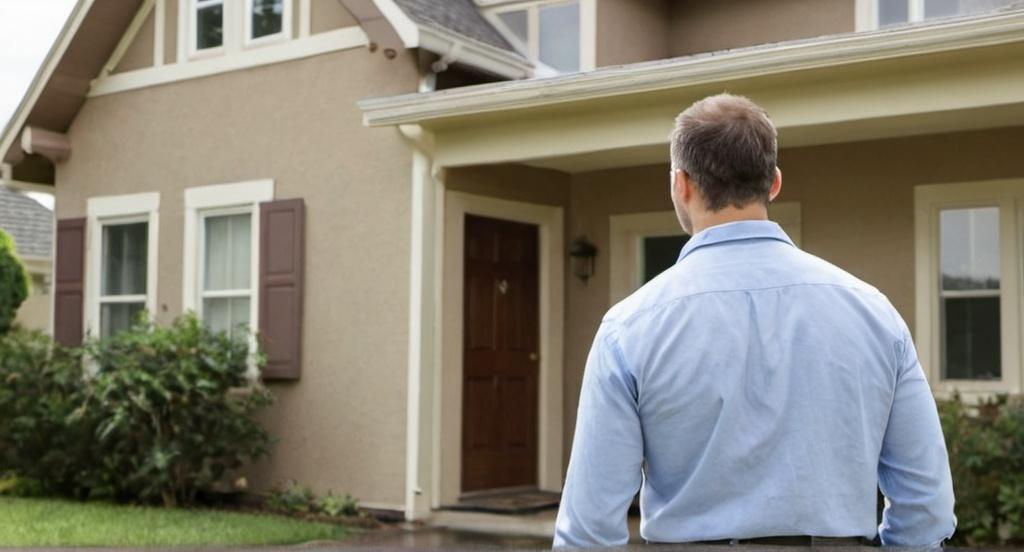Key Take Aways about Special-Purpose Investment Properties
- Special-purpose investment properties serve niche markets and require specific designs, like churches or schools.
- These properties are inflexible, posing challenges if niche markets decline or if renovation is needed.
- Location and zoning laws are critical, with strict regulations and compliance requirements.
- Financial hurdles include specialized appraisals and potential difficulties in securing loans.
- Experienced investors like Ray and Lisa demonstrate unique successes with challenges, emphasizing readiness for unexpected costs and risks.

Understanding Special-Purpose Investment Properties
Special-purpose investment properties – sounds fancy, right? But just because a property has a unique purpose doesn’t mean it’s off-limits for us everyday folks. These are properties designed for specific uses: think churches, schools, or car washes. They’re the kinds of places you wouldn’t typically live in or lease as office space. But in the world of property investment, they carry their weight in gold.
Unlike your standard residential property, special-purpose types don’t fit into just any real estate mold. They serve distinct functions and cater to niche markets. If you’ve ever thought about owning a property that stands out, this could be your calling. But hold your horses; before you dive into buying a warehouse or a theater, there’s a whole set of rules and knowledge you’ve got to chew over.
The Unique Nature of Special-Purpose Properties
So what makes these properties special? Well, just like penguins in a desert, they don’t belong in typical real estate categories. These properties are built with a precise function in mind, meaning they require specific design and structural elements. You wouldn’t dream of hosting a wedding in an old feed factory, would you?
The challenge here is these places don’t offer much in terms of flexibility. If you’re buying a bowling alley, don’t expect to easily convert it into a strip mall without some major renovations. These properties have a built-in market, but they also come with high stakes. If the niche they cater to declines, so might your investment.
Location, Zoning, and Legalities
Got a perfect spot in mind for your niche property? Like buying a house, location is everything, but this time the stakes are a bit higher. The zoning laws will make or break you. Zoning ordinances dictate how land can be used, so if your dream is to transform an old barn into a trendy vineyard wedding venue, you better check the fine print. If it’s zoned for agricultural use, setting up a commercial venture might not fly.
And the legalities don’t stop at zoning. Special-purpose properties are often subject to stricter regulations. From fire safety codes to accessibility requirements, the list of compliance checks can be long. Don’t get caught with a property that eats up your investment in fines and renovations.
Know Your Numbers
Turning a profit with a special-purpose property requires a keen eye on the financial side of things. Start with an appraisal from someone who knows what they’re doing. Not every appraiser understands the ins and outs of specialized properties, so find someone with a track record in your chosen niche.
Bank loans? Those might be trickier, too, as some lenders see these properties as high-risk. Since they cater to a smaller market, finding buyers can be tough if you need to sell quickly. You’ll want to have a solid business plan to assure lenders you know what you’re doing.
Examples and Experiences in the Field
Let’s say you’ve got an appetite for risk and a taste for something different. Think of Ray, the guy who bought an old church and turned it into a bustling concert venue. The acoustics were already perfect, and after getting through the maze of zoning laws and local regulations, Ray’s venue becomes a local hotspot. But, it wasn’t without its trials; there were unforeseen costs related to updating the building to meet safety codes, and marketing a venue in an old church wasn’t exactly a walk in the park.
Or take Lisa, who fell in love with a historic firehouse. With lots of charm and character, it’s now an office space for her graphic design company. She capitalized on its quirks like the old fire pole, repurposing them into a centerpiece for the office. But again, the older building brought with it unexpected maintenance costs, a reality check for Lisa’s initial dreamy plans.
Investing in special-purpose properties is not for the faint-hearted. It’s a venture requiring savvy decisions and a willingness to dance through legal and financial hurdles. But for those who can navigate these waters successfully, it’s not just about owning a property—it’s about owning something out of the ordinary. So, if you’re up for the challenge, the world of special-purpose properties might just be your next big gig.